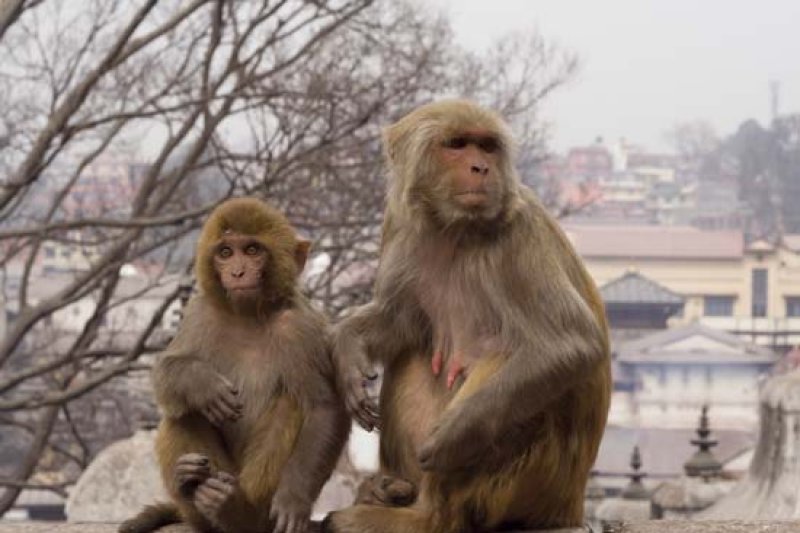In a study led by Michigan State University, scientists have shown that gene editing using CRISPR/Cas9 technology can be quite effective in rhesus monkey embryos — the first time this has been demonstrated in the U.S.
The results, published in the current issue of Human Molecular Genetics, open the door for pursuing gene editing in nonhuman primates as models for new therapies, including pharmacological, gene- and stem cell-based therapies, said Keith Latham, MSU animal science professor and lead author of the study.
“Our paper is the first in the U.S. to publish on the use of this technology in nonhuman primate embryos,” he said. “Using nonhuman primate embryos is important because the closer we can approximate the human condition in the animal model, the better the chances of developing successful treatments as well as limiting risks that may be encountered in clinical trials.”
The advances will allow scientists to move forward and tackle some of the technical barriers related to the research. Other issues that may be later resolved are the commitment to increased costs and longer waiting times when using nonhuman primates.
[Read the full study here.]The GLP aggregated and excerpted this blog/article to reflect the diversity of news, opinion, and analysis. Read full, original post: First US success of nonhuman primate gene editing
For more background on the Genetic Literacy Project, read GLP on Wikipedia































